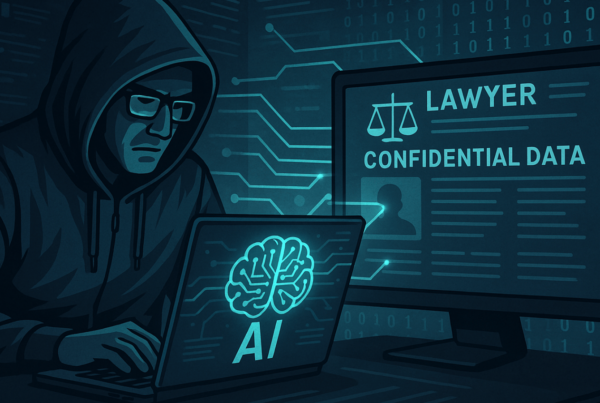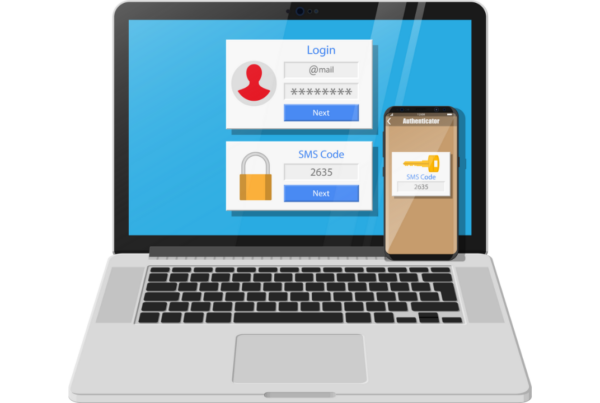Two-factor authentication (“2FA”) is a small step for lawyers that will result in a giant leap in their cybersecurity. Below, we’ll examine how 2FA works and why its ‘annoyance factor’ is actually a benefit in disguise.
But first, let’s address why…
Cybersecurity is Vital for Lawyers
Cybersecurity is a topic that lawyers can’t afford to ignore (think: the “Panama Papers”)
Lawyers hold valuable personal and financial information that makes them an attractive target for cybercriminals. A single password, no matter how complex, can easily be compromised by common methods (e.g. “phishing” attacks)
Protecting client data is a core ethical responsibility, and the consequences of failing to do so can be severe.
Why 2FA is Important for Lawyers
Two-factor authentication is a simple but potent tool offering extra protection for your digital assets.
These days, most lawyers have a lot of digital assets to protect, such as logins for bank accounts, cloud-based services with client information, and other widely used accounts that require login access using passwords.
How Two Factor Authentication Works
2FA acts like a secondary lock, requiring a second verification step after entering your password. Imagine a safe that needs both a key and a fingerprint to open. Even if someone steals the key, they won’t get far without your fingerprint.
Important to use for Email Accounts
Moreover, the email account is usually the hub of all other accounts. When password resets happen, they are typically sent to your email. So, if your email is compromised, every other account linked to it is in danger.
Enabling 2FA on your email provides an essential security backstop.
Two factor authentication requires two steps to Login
Once 2FA is activated, logging in will require two steps: something you know (your password) and something you have (like your phone). After entering your password, you’ll receive a temporary code via text, an authenticator app, or even a physical device.
This code needs to be entered to gain access. While this may sound complicated, it’s remarkably straightforward and takes mere seconds.
Annoying but Vital: Why the Extra Step Matters
Yes, two factor authentication is an extra step.
Yes, it can feel like a nuisance.
But here’s the kicker: the same irritation you feel will be magnified for any hacker attempting to infiltrate your accounts. The difficulty of bypassing two separate security barriers can discourage cybercriminals, turning their attention to easier targets.
In a world where time is money, spending a few extra seconds for 2FA can save you a fortune in the long run.
Consider it a small but crucial investment in your practice’s—and your client’s—security (along with other useful tools like using a password manager)
General Resources
- Check out my Inner Circle (to participate in ongoing discussions about tech tools I discuss and recommend)
- Check out this Law-Tech Assessment if you want specific recommendations for improving based on the technology you’re using in your practice
- Click for a list of the Best Tech Tools for Lawyers
- Subscribe to: The 80/20 Principle newsletter (it’s free)
Use technology to radically improve your law practice by focusing on the few core elements that have the biggest impact.






